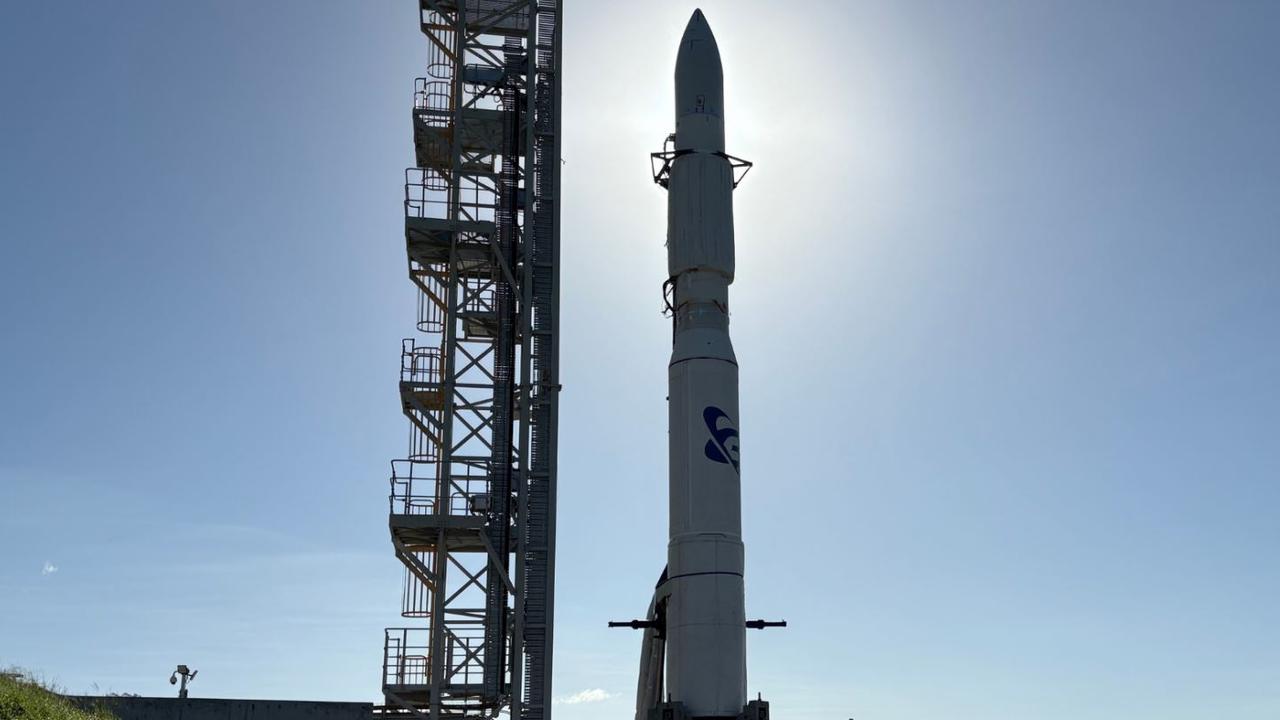Virgin Australia announces Australian-first baggage tracking technology for passengers
Virgin is unveiling new technology to ensure passengers have full visibility. But how does the tool differ from an AirTag? See how it works and what travelroutes it will apply to.
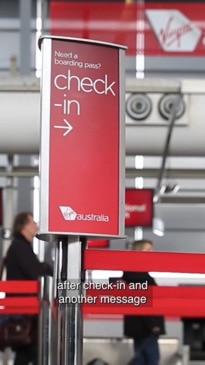
Virgin Australia has nudged ahead of Qantas in the race to allow passengers to track their baggage, set to launch an Australian-first tracking tool on August 28.
The technology, which has been two years in the making, was trialled in a successful pilot program in May. It will be rolled out across almost 70 per cent of the domestic network, meaning passengers can check the status of their checked luggage via the airline’s app.
But how does it differ from an AirTag?
Missing luggage is a major pain point for travellers, with 26 million pieces being lost, delayed, or damaged globally in 2022, according to aviation data company SITA.
According to a survey by comparison website Compare the Market, 24.5 per cent of Australians have had luggage go missing with an airline. Most is eventually returned — be it a matter of hours, days, weeks, or months — while only 6 per cent vanished for good.
The average wait for compensation is 28 days from an airline or 26 days from a travel insurer, while the average payout is typically about USD $512-569 (AUD $799-888).
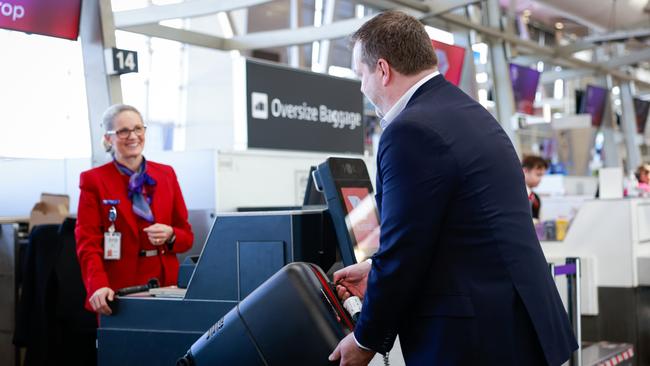
Virgin Australia’s mishandled baggage rate is lower than average, at just 1.5 pieces per 1000 guests, and it anticipates the new tool will encourage more people to check bags.
“We know that the potential of lost baggage is a concern for travellers globally and anticipate [the] announcement will give many guests that extra level of comfort knowing where their bag is,” said Paul Jones, Chief Customer and Digital Officer at Virgin Australia Group.
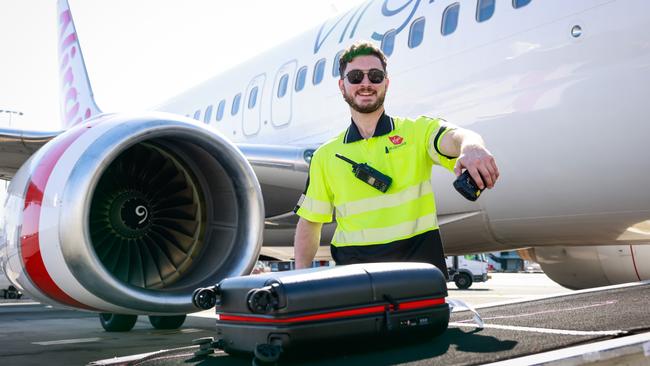
Many travellers have started taking matters into their own hands, tracking bags with Apple AirTags. But the new tool sends notifications every time the bag’s barcode is scanned.
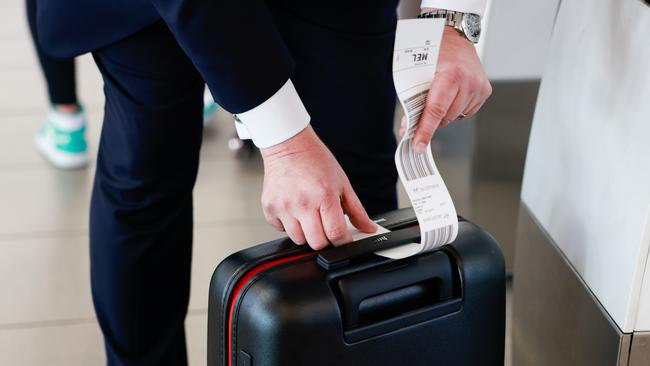
“Knowing that your baggage is on the plane and coming with you is a key advantage on the peace of mind because you know that dealing with delayed or lost luggage is very painful,” said travel expert Steve Hui, founder of iFLYflat.
“On domestic flights, people are typically travelling for short trips and for work or events, so losing your luggage means that you are likely to return home before your original luggage arrives — which destroys the original purpose of the trip.”
The technology will be available for flights departing Sydney, Brisbane, Melbourne, Canberra, Hamilton Island, Adelaide, Gold Coast, Ballina, Sunshine Coast, Launceston, and more.
Qantas has also announced plans for similar technology “towards the end of 2023”.
More Coverage
Originally published as Virgin Australia announces Australian-first baggage tracking technology for passengers





